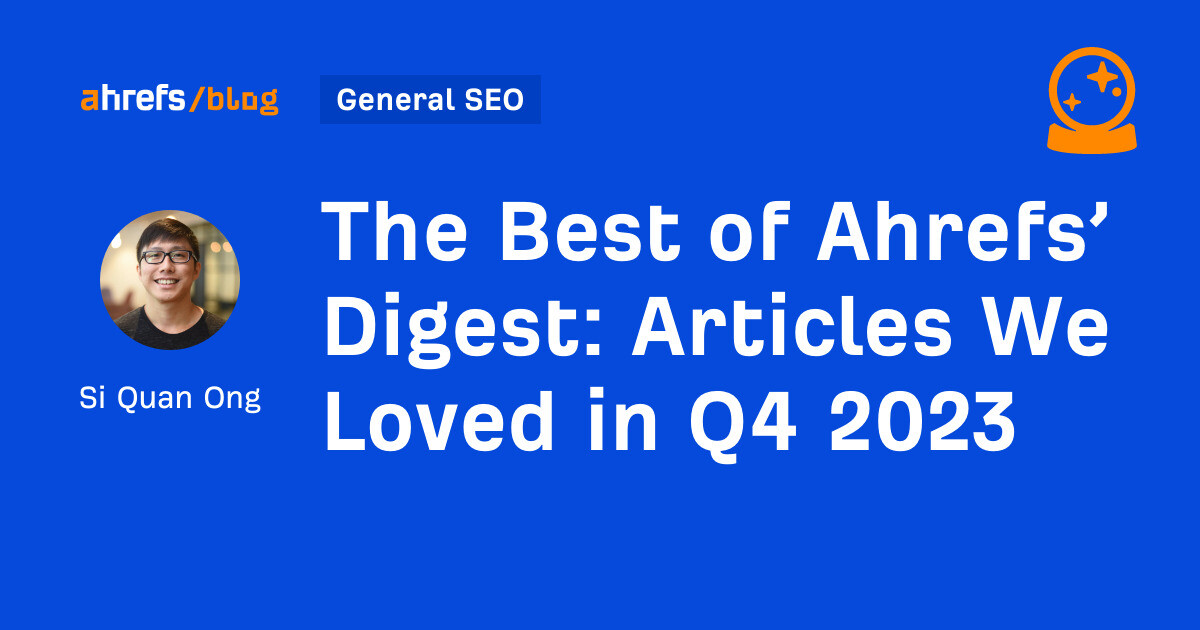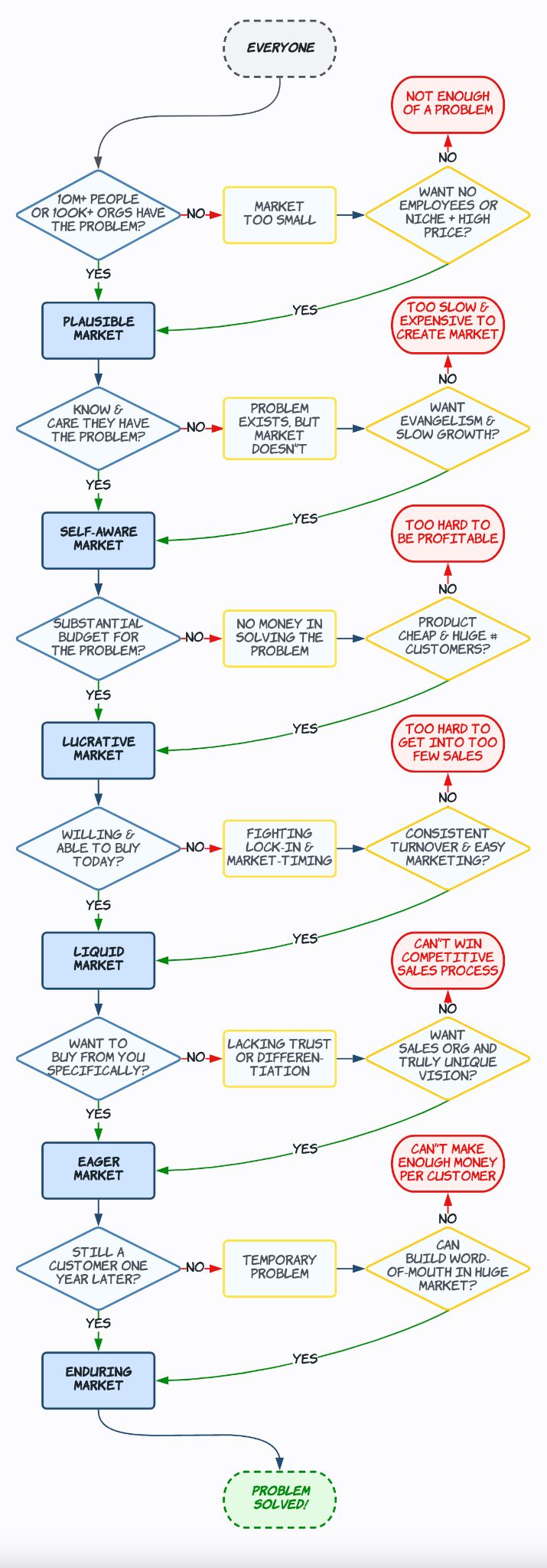
Articles We Loved in Q4 2023
[ad_1]
I thought it would be cool to put together a list of articles that stood out—the ones that resonate with our community and spark ideas and inspiration for what to do next.
So, here’s a roundup of our newsletter’s highlights from Q4 2023. You may even rediscover a gem you missed the first time around.
Let’s get to it.
Almost every SEO agrees: Google’s search quality has declined. It’s no longer best in class, but just good enough.
How did that happen? AJ Kohn discusses the factors, including Google’s reliance on brands, implicit user feedback, and user interaction signals. This approach has led to a proliferation of average, unexceptional search results, where well-known brands often dominate rankings regardless of actual expertise or relevance.
Based on leaked documents from an antitrust lawsuit against Google, SEOs now have a unique opportunity to analyze and explore Google’s algorithms. Natzir Turrado did just that.
These are the algorithms mentioned in the documents:
- NavBoost
- RankBrain
- DeepRank
- RankEmbed-BERT
- MUM
- Tangram
- Glue
- Freshness Node
- Instant Glue
Every quarter, Glen Allsopp (aka Viperchill) provides an analysis of the SEO strategies used by the major digital players. This is his second-ever quarterly report.
It’s a looong report, but you don’t have to be daunted by it. Just see which brands interest you and see how they’re staying ahead in search rankings, growing their sites, and tackling the evolving SEO landscape.
Writers need to be operators. Reasons:
- Operating gives writers believability since they directly experience the consequences of their choices.
- Operating prevents audience capture; writers don’t have to generate or respond to controversy in order to distribute their writing
- Non-operators are slower to identify industry shifts and, therefore, are slower in updating their advice
- Operating creates endless topics to write about
As a founder or leader, your team’s standards will be as high as your expectations. You set the bar for what’s acceptable and, therefore, your standards are the maximum of what your team will deliver. That’s why you need to have high standards.
But you can’t simply have ‘high standards’ overnight. Saying it doesn’t do anything. You must create a new norm—high standards and high feedback. A major lever for raising the bar is giving your team members actionable feedback on work output on a regular basis.
Why do so many startups still fail despite identifying a real problem and building a product that solves it? Because surprisingly, solving a problem is not nearly enough to build a successful company.
Jason Cohen outlines several critical factors for a startup to succeed, summarized in this flowchart:

Influenced by globalization and standardization, multiple creative fields—art, interior design, architecture, automotive design, logos, personal appearance—have all become increasingly homogeneous. Uniqueness is diminishing, and we’re all becoming average and similar.
But it’s not all bad news. The age of average is the age of opportunity. When everything looks the same, the brand, company, or individual that dares to be different will stand out.
Get more
Each week, our team handpicks the best SEO and marketing content from around the Web for the Ahrefs’ Digest.
Sign up for our newsletter to get these articles directly in your inbox.
[ad_2]
Source link


